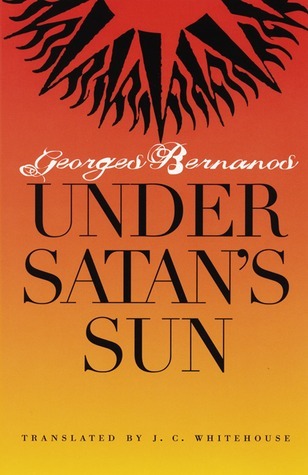What do you think?
Rate this book


257 pages, Paperback
First published January 1, 1926
Here is the horizon losing its sharpness – a great ivory cloud in the west and, from the earth to the top of the heavens, a twilight sky, a vast loneliness, already chilling – full of a liquid silence… Here is the poet’s hour, as he distilled life within his heart, in order to extract from it its essence, hidden, embalmed, baneful.
Now the human swarm stirs in the shadows, with its myriad arms, its myriad mouths; now the boulevard unfurls and glows.
I was no such fool as to believe you faithful. Don’t think that! We boys and girls don’t keep our eyes in our pockets; you learn more along the hedgerows than in the parish priest’s catechism class! We talked about you: ‘My dear – he gets the prettiest ones!...’ Thought I, ‘Why not me!’ Every dog has his day… And to realize now that Father’s big eyes scared you… Oh! I hate you!’
In a flash all things seemed possible to him, the highest rung already scaled. From the depths of the abyss in which he had believed himself forever sealed, behold a hand had thrust him through such a space that here he would surely find his despair, even his faults, transfigured, glorified. Cleared were the boundaries of the world in which each forward step costs an aching effort, and the goal came to him with the speed of lightning.
Une minute, une longue minute, il écoute son propre blasphème, comme la dernière pelletée de terre sur une tombe. Celui qui renia trois fois son maître, un seul regard a pu l’absoudre, mais quelle espérance a celui-là qui s’est renié lui-même ?